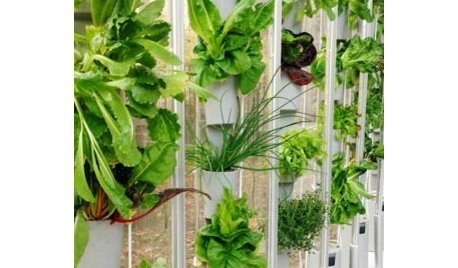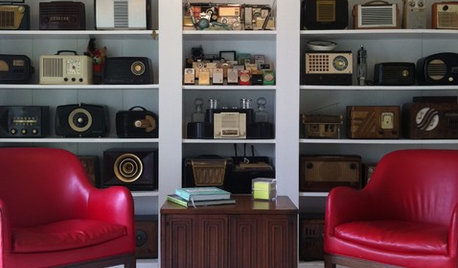electronic soil ph tester
matthew18
14 years ago
Featured Answer
Sort by:Oldest
Comments (16)
ericwi
14 years agomatthew18
14 years agoRelated Professionals
Comstock Park Landscape Architects & Landscape Designers · Ballwin Landscape Architects & Landscape Designers · Milwaukee Landscape Architects & Landscape Designers · Simi Valley Landscape Architects & Landscape Designers · Amesbury Landscape Contractors · Barrington Landscape Contractors · Cockeysville Landscape Contractors · Deer Park Landscape Contractors · El Segundo Landscape Contractors · Golden Gate Landscape Contractors · Milton Landscape Contractors · Seven Hills Landscape Contractors · Tamarac Landscape Contractors · The Woodlands Landscape Contractors · North Hills Landscape Contractorsericwi
14 years agogator_rider2
14 years agomatthew18
14 years agoericwi
14 years agotantanman
14 years agoAnn
14 years agoericwi
14 years agofranktank232
14 years agomr.ed
14 years agoAnn
14 years agoAnn
14 years agoericwi
14 years agomr.ed
14 years ago
Related Stories

PRODUCT PICKSGuest Picks: High-Tech Plant Helpers
Hydroponics, monitoring systems, even an electric pollinator ... these gadgets and services keep your greenery growing strong
Full Story
EDIBLE GARDENSHow to Grow Your Own Sweet Summer Crops
This guide will help any gardener get started on growing the freshest warm-season veggies and berries for summer
Full Story
CONTAINER GARDENSHappy Houseplants, Happy People
Potted plants add life and beauty to a room. Learn easy ways to keep them healthy
Full Story
VINTAGE STYLETune In to Vintage Radios as Home Decor
Do touch that dial. Old-time radios are showing up in modern-day homes, broadcasting a possible trend
Full Story





fruitnut Z7 4500ft SW TX